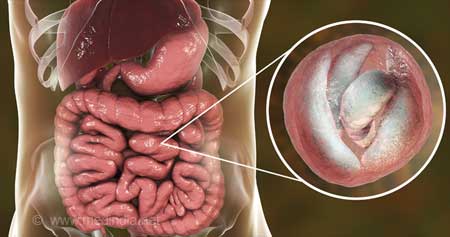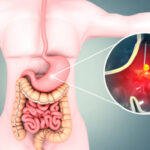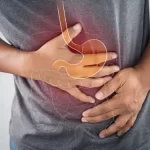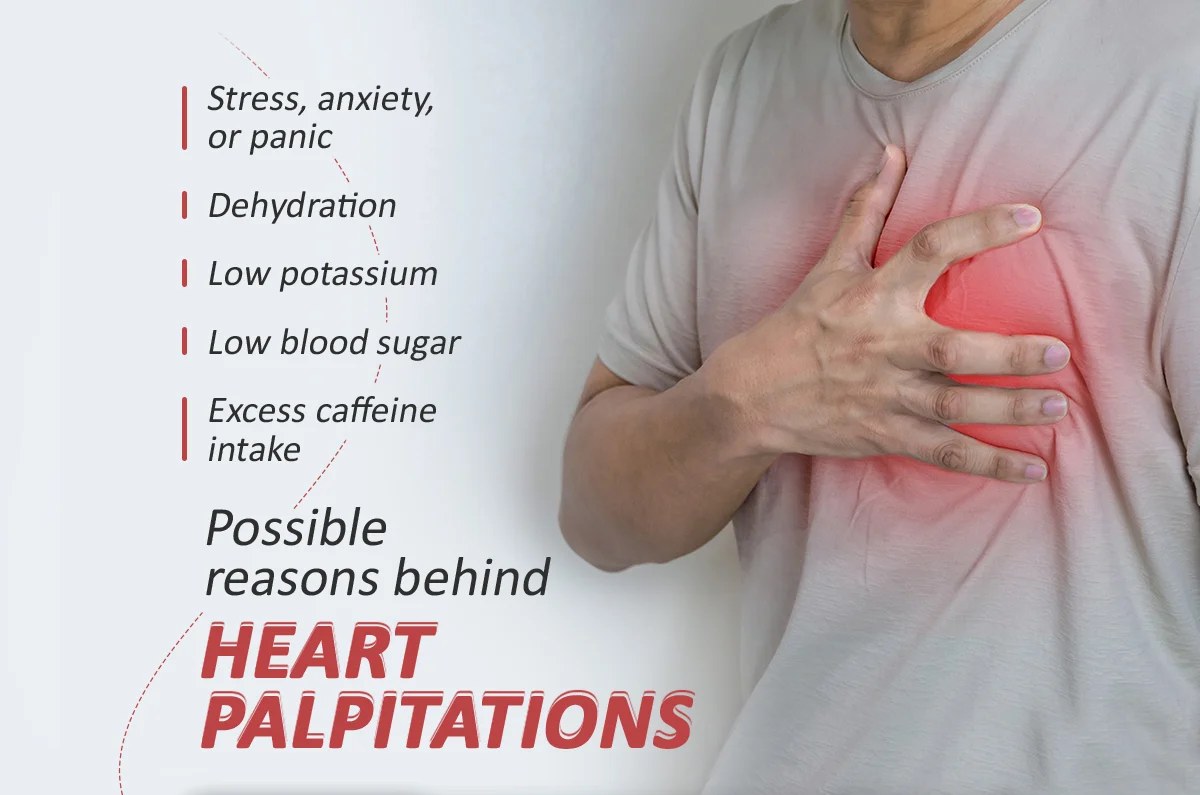Here are some types of Stomach Infections
In this article, we are going to see various types of stomach infections. Abdominal infections, also referred to as gastrointestinal (GI) infections, occur within the abdominal region.
These infections can be categorized based on their origin: those caused by pathogens such as bacteria, viruses, or parasites, and those acquired within or outside a hospital setting.
Gastrointestinal infections manifest through a variety of symptoms. Common signs include diarrhea, nausea, abdominal cramps, loss of appetite, and fever.
Typically, many of these infections are self-limiting and resolve within a few days without the need for medical intervention.
However, persistent or severe cases may require treatment with antibiotics or antiparasitic medications, depending on the specific pathogen responsible for the infection.
For a precise diagnosis and appropriate treatment, healthcare providers can perform laboratory tests to identify the exact organism causing the symptoms. Understanding the nature and cause of the infection is crucial for effective management. Continue reading to gain a deeper insight into the causes, symptoms, and treatments of gastrointestinal infections.
Types of Gastrointestinal Infections
Gastrointestinal infections can be categorized based on the location of the infection in the body, the type of germs causing the infection, and where the infection was acquired.
Body Area-Based Infections
Gastrointestinal infections may affect either the upper or lower GI tract. Upper GI infections occur in the mouth, esophagus, or stomach, while lower GI infections affect the intestines.
The severity of the infection varies depending on the specific organ involved and the extent of the infection. Infections that spread beyond the original site are considered “complicated” and can lead to serious conditions such as sepsis or septic shock, which are life-threatening.
Germ-Based Infections
Various pathogens, including bacteria, parasites, and viruses, can cause gastrointestinal infections. The prevalence and type of germ responsible for the infection can be influenced by factors such as the level of economic development, geographic region, hygienic standards, and sanitation practices.
Location-Based Infections
Gastrointestinal infections can also be classified based on where the infection was contracted. Community-acquired infections are those that occur outside of healthcare settings, such as hospitals.
Hospital-acquired infections, also known as nosocomial infections, are contracted within healthcare facilities. These infections are often more serious because they may involve antibiotic-resistant bacteria that are more challenging to treat.
Gastrointestinal Infection Symptoms
Common symptoms of gastrointestinal infections include abdominal pain, diarrhea, fever, nausea and vomiting, and stomach cramps. In most cases, these symptoms are short-lived and resolve within a few days.
However, if symptoms persist for more than a few weeks, it is important to seek medical attention.
What Causes Gastrointestinal Infections?
Gastrointestinal infections are primarily caused by bacteria and viruses. In adults, norovirus is the leading cause of these infections, whereas in children, rotavirus is the most common culprit. Additionally, adenoviruses are frequently responsible for abdominal infections in children.
Bacterial Causes
Salmonella is the most prevalent bacterium causing gastroenteritis and is often found in contaminated meat, poultry, produce, and eggs. Other common bacterial sources include:
- Staphylococcus aureus: Found on the skin and in foods like meat, poultry, dairy products, and eggs.
- Shigella: Present in feces and contaminated water.
- Bacillus cereus: Linked to fried rice.
- Campylobacter: Found in dairy products, produce, meat, and poultry.
- Escherichia coli (E. coli): Present in water contaminated with feces, produce, uncooked beef, and unpasteurized milk.
- Clostridium difficile: Often acquired in healthcare settings, affecting medically vulnerable individuals.
- Listeria: Found in produce, deli meats, and undercooked meats.
- Helicobacter pylori (H. pylori): Transmitted through contaminated water, eating utensils, food, or another person’s body fluids, including saliva. This infection is associated with ulcers and stomach cancer.
Parasitic Causes
Parasites can also lead to gastrointestinal infections. Common parasites include:
- Giardia lamblia: Found in water.
- Intestinal worms: Such as hookworm and tapeworm.
- Cryptosporidium: A microscopic parasite.
- Toxoplasma gondii: Typically found in contaminated food or water.
Gastrointestinal infections can spread through person-to-person contact or via contaminated food or water in community settings. In healthcare settings, these infections may also spread through contaminated equipment, such as catheters or surgical instruments.
How Are GI Tract Infections Diagnosed?
Many gastrointestinal infections resolve on their own within a few days and do not require a formal diagnosis. However, if medical attention is needed, a healthcare provider will start by asking about symptoms and performing a physical examination.
Laboratory tests can help determine the specific cause of the infection. Diagnostic tests include:
- Breath Tests: Used to detect the presence of bacteria like H. pylori.
- Imaging Tests: Such as CT scans, which provide detailed images of internal organs.
- Molecular Tests: These tests can quickly identify the presence of specific organisms, often within a few hours.
- Stool Samples: Analyzed to detect bacterial and parasitic infections in the stool.
Treatments for Stomach Infections
Many gastrointestinal infections resolve without the need for treatment or a formal diagnosis. However, supportive care is essential for recovery.
Supportive Care
Staying hydrated by drinking plenty of water and other fluids is crucial, as this helps replace fluids lost through diarrhea and vomiting. When you’re ready to eat, it’s best to start with bland foods.
The BRAT diet (bananas, rice, applesauce, toast) is often recommended. Avoid high-fat, high-fiber foods, and dairy products during recovery.
Medical Treatments
For bacterial infections, antibiotics are commonly prescribed. The specific antibiotic will depend on the type of infection. Hospital-acquired infections, such as methicillin-resistant Staphylococcus aureus (MRSA), can be challenging to treat due to resistance to many standard antibiotics.
For parasitic infections, treatment options include antibiotics and antiparasitic medications. Unfortunately, there are no specific treatments for viral infections. Management involves monitoring symptoms and ensuring adequate hydration. Severe dehydration may require hospitalization for intravenous (IV) fluids.
In cases where an abscess forms, draining the contaminated fluid may be necessary. Surgical intervention might be required to remove an infected and inflamed appendix or an ulcer.
How to Prevent Stomach Infections
Preventing gastrointestinal infections primarily involves good hygiene practices and proper food handling.
Hygiene Practices
- Keep bathroom and kitchen surfaces clean.
- Wash your hands thoroughly after using the bathroom, before eating or preparing food, and frequently in between.
- Use an alcohol-based sanitizer with at least 60% alcohol if soap and water aren’t available.
Food Handling and Preparation
- Wash raw fruits and vegetables before eating.
- Cook all meat thoroughly and avoid undercooked meat when dining out.
- Refrigerate leftovers promptly.
- Clean surfaces regularly, especially after contact with raw meat or eggs.
When traveling, avoid consuming raw foods (except for bananas) and drink only boiled or bottled water, even for brushing your teeth.
When to Contact a Healthcare Provider
While many gastrointestinal infections resolve on their own, certain symptoms indicate a need for medical attention. Contact a healthcare provider if you experience any of the following:
- Blood in vomit or stool
- Chest pain
- Confusion
- Signs of dehydration
- Severe headaches
- Irregular heartbeat
- Weakness
- Unexplained weight loss
A Quick Review
Regarding various types of stomach infections, gastrointestinal (GI) infections, caused by various germs such as bacteria and viruses, can affect the abdominal area. Symptoms range from diarrhea and nausea to vomiting, and while many infections resolve without medical treatment, severe symptoms require professional care.
Maintaining good hygiene and proper food handling can help prevent these infections. Seek medical attention if you experience severe symptoms like fever, significant dehydration, or unintended weight loss.
SEE MORE HERE
Benefits of Eating Strawberries
Benefits of Eating Pomegranate

A graduate of Computer Science and Information Management Technology. Diploma – Caregiving, Certificates – Dementia and Diabetes Awareness and Management. A researcher, blogger, songwriter, singer and acoustic guitarist. Born in an environment where natural talents such as healing are imparted at our natural birth. This natural talents of healing is the result of our genetic inheritance and the training from family environment.













